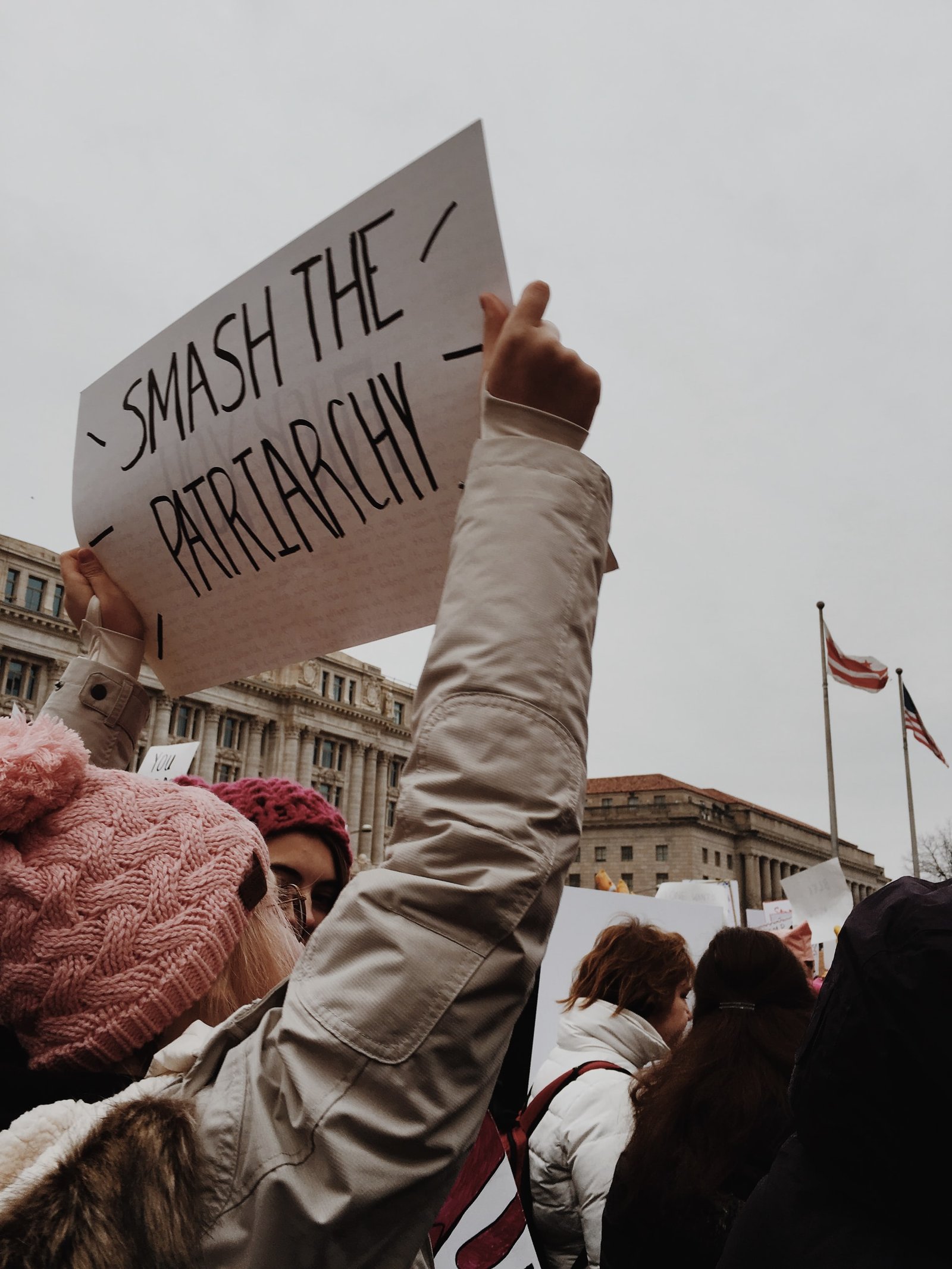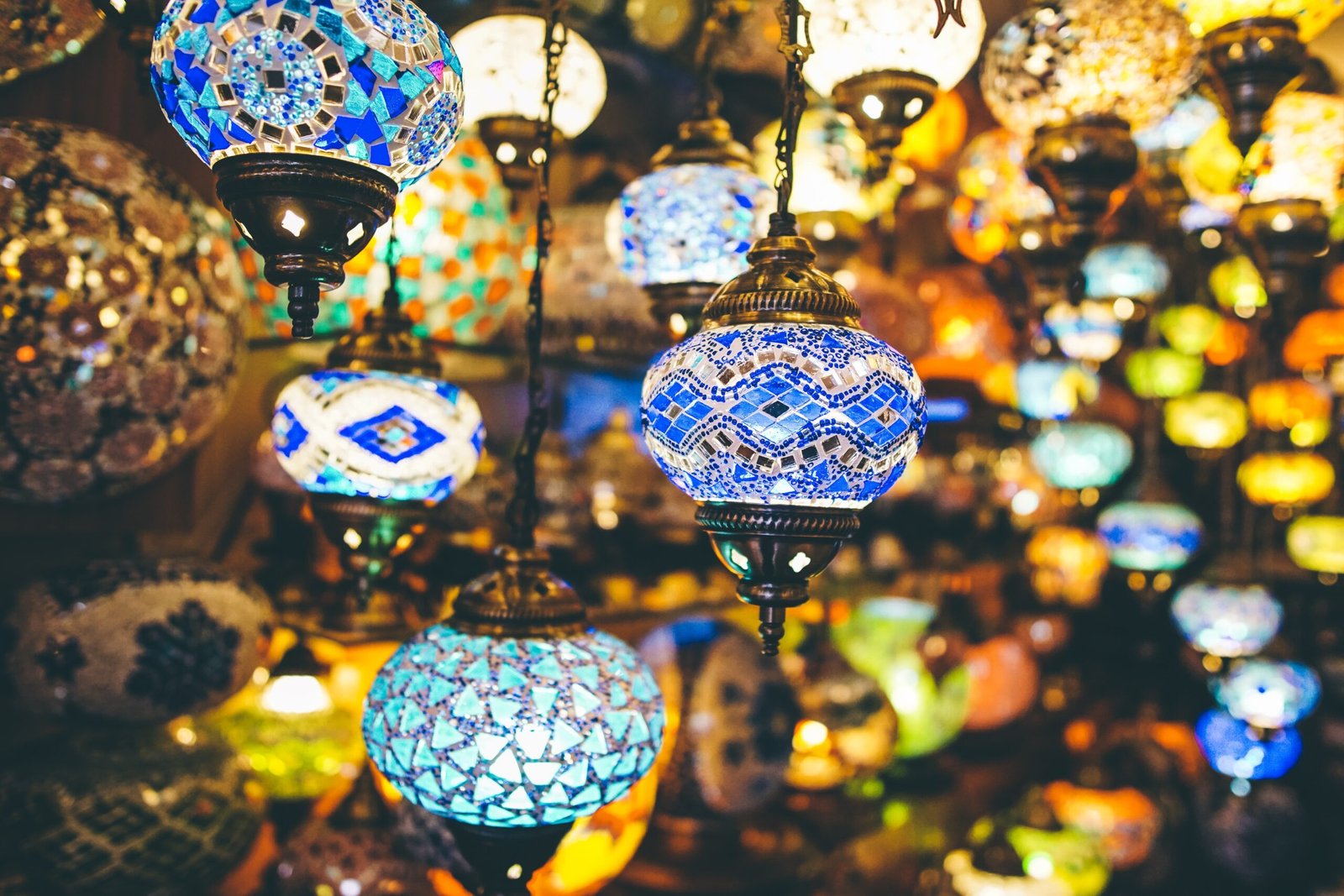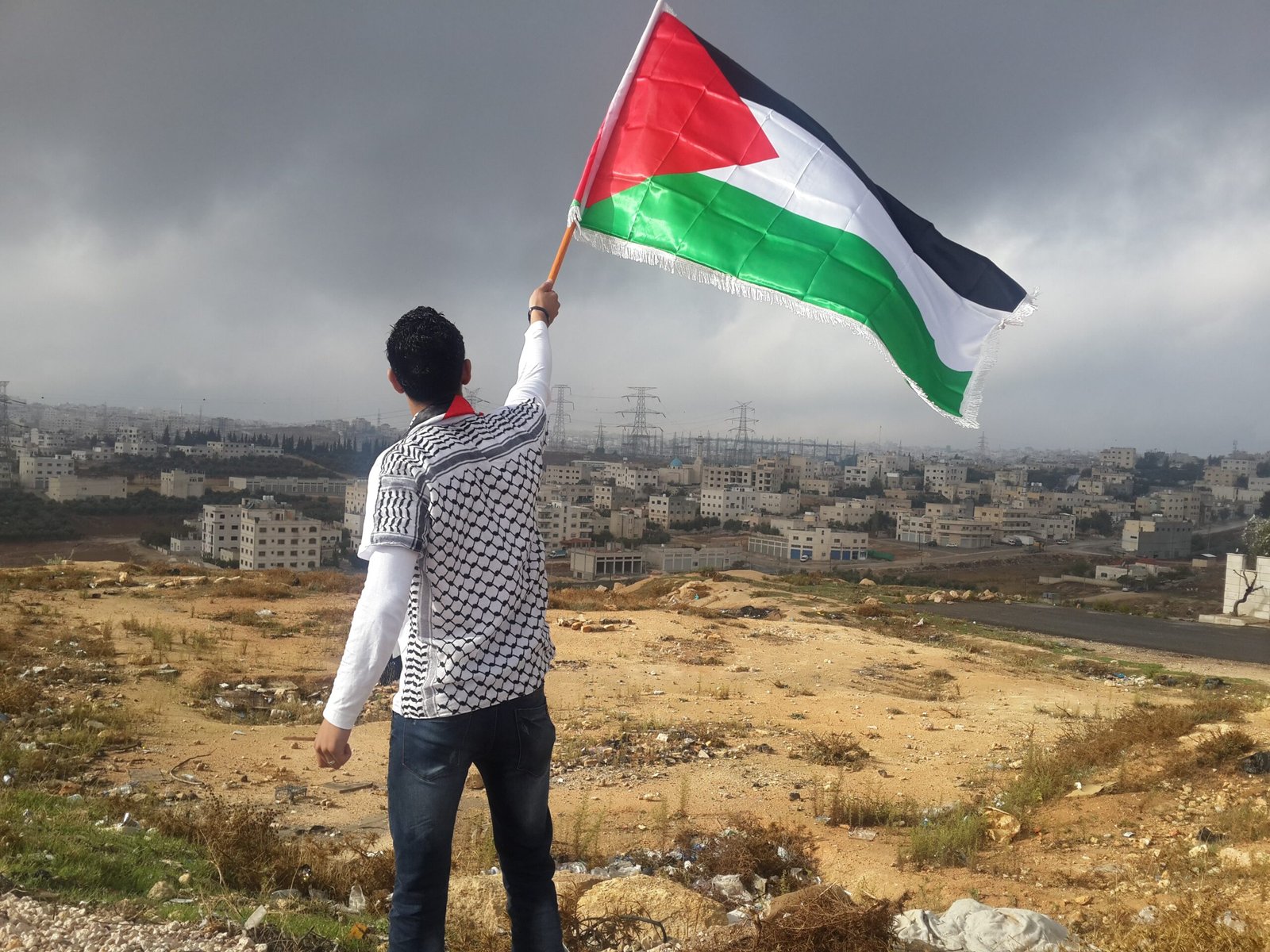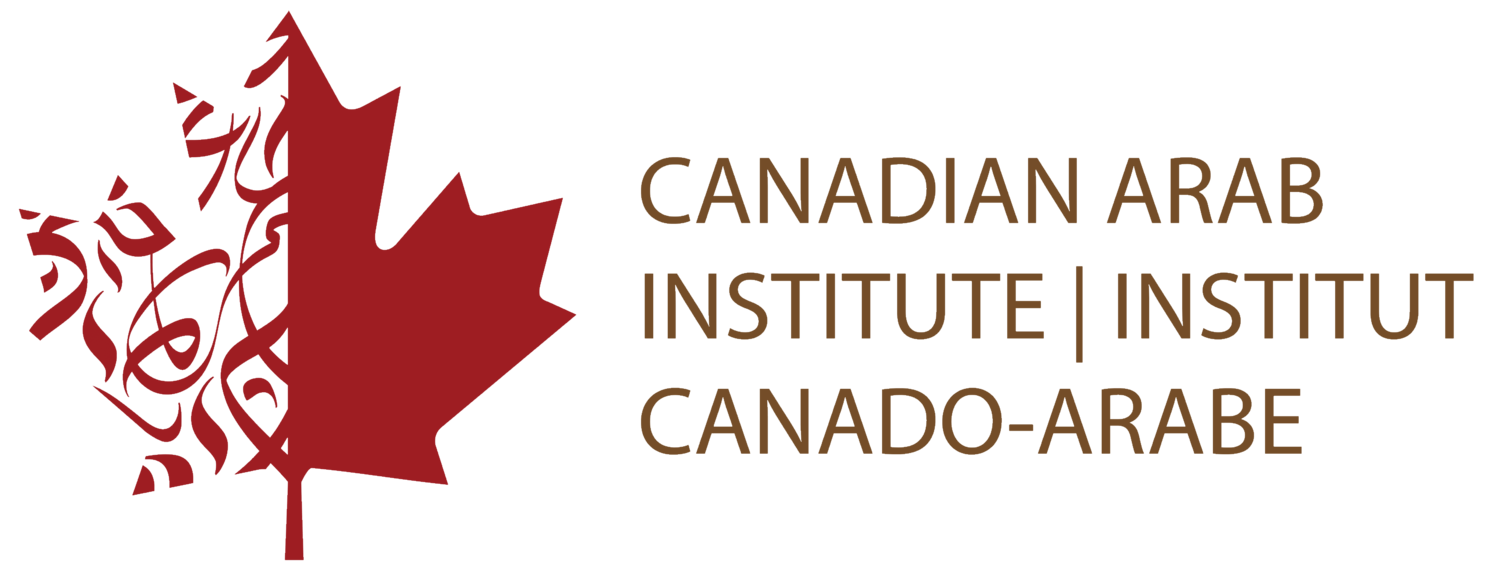As this year’s Black History Month comes to a close, I couldn’t help but wonder if the Arab world needs its own version of “Black History Month”. A month where we can educate our fellow Arabs about the history of people of African descent in the region and celebrate their contributions, which have been ignored or downplayed for years. We can call it “Black Arab History Month”.
In a region that thinks Islamic and Arab identity should be the only markers to be accepted into society, Black people often feel excluded and marginalized. From a young age, we learn to navigate life without attracting much attention to our Blackness. We can be proud of our heritage and celebrate it but within our private circles. This is why my mother and many Sudanese women I knew avoided wearing Toub “Sudanese traditional attire” in public and opted for an Abaya, “a robe-like dress”. People’s perception of Africa is reduced to a land suffering from war, poverty and disease, leading to negative stereotyping and portrayal in the media.
I can see things have started to change, especially after last year’s protests against police brutality. Many Afro Arabs and Black African immigrants began speaking against the bigotry they face in their communities. Some of these conversations were difficult and involved opening up to family members privately; others happened publicly on social media platforms. We can’t deny that a strong spark has been ignited and made Black communities across the Arab world see the importance of taking control over their story.
The difficulties with changing the status quo in the Arab world lies in the lack of government support and willingness for real change. In recent years, many countries across the region issued what they referred to as the “National Vision”; a road map for economic and social development. What’s missing in these documents is plans to provide the Afro-Arab population with educational opportunity, better social integration, and more government and public bodies representation.

The history of and relations between Africa and the Arab world are long and complicated and needs to be fully documented and properly acknowledged.
1. Black Arab History Month would provide an opportunity to understand the Black experience in the region.
I recently joined a conversation on Clubhouse around racism in the Arab world. There were over 100 participants, and many shared their stories growing up dealing with discriminations in schools and amongst their families. After the room was closed, one of the organisers told me some non-Black participants created another room and called it “Racism after-party”. I joined the room, but I did not stay for long. However, the speakers were discussing how we were only looking for sympathy and attention. Some have even mentioned that there are many laws and regulations to protect everyone, including Black people. The gaslighting, denial and complete ignorance of Blacks’ struggle in Arab spaces was not a surprise. I have seen and experienced it.
The Clubhouse room organisers aimed to create a safe space for Black in the region to share their experiences. Unfortunately, what happened afterwards was the complete opposite. Non-Black Arabs in the room proceeded to record part of the conversation, took screenshots of the participants’ profiles and posted them to Twitter. Ever since, the organisers have been harassed online and even received death threats.
The Clubhouse incident is not the only example of the type of retaliation activists face for daring to speak up against injustice. Black Iraqis are probably the most politically active group in the region. They have been fighting for years to be acknowledged and protected as a minority group. However, Jalal Thiyab, who founded the political party “the Movement of Free Iraqis”, was assassinated in 2014. His death was a major blow to the group’s activism. There aren’t many laws that protect these communities and governments are not doing much to ensure their safety.
Black communities in the region suffer from lack of access to education, lack of political representation and are sometimes seen as second-class citizens. There is also the issue of lack of representation in mainstream media. Khawla Ksiksi, co-founder of “Voices of Tunisian Black Women” said that in Tunisia, Black people were not allowed to appear on TV until after the Tunisian revolution in 2011. In Egypt and Khaliji TV shows, the Black people are usually showcased as either uncivilised servants or ridiculed as a form of entertainment.
Black Arab History Month can play a crucial role in amplifying Black voices that speak against the racism they face every day.

2. Raising awareness of the history of the African Diaspora
Black Arab History Month could reinforce the importance of including Black history in the education system. It’s about time we teach African history objectively and move away from negative stereotypes or prejudice.
Many forgotten thinkers, writers, and poets of African origin have contributed massively to Arab culture and Islamic empire, and we should know about them.
Bilal Ibn Rabah a Black enslaved man who became the first muezzin in Islam (the call to prayer), he is usually mentioned as an example of Islamic tolerance. There is also Al Jahiz, described by some as one of the greatest prose writers in classical Arabic literature. I have always seen his pictures, painted as a light-skinned man. However, Al Jahiz, who lived in 8th and 9th century Basra, was an Afro-Iraqi and is believed to be of East African descent. His Blackness and background are rarely discussed. There are other scholars and notable people, but their history has been erased.
Academic research and books in Arabic about the history of African in the region are limited. There is little to no mention of the Trans-Saharan slave trade (also known as the Eastern slave trade), which lasted for over 1000 years. The Al Zanj rebellion which lasted from 869-883 A.D., and was described as one of the most significant revolutions in the world and the first major uprising in the African diasporas’ history, is understudied.
Keeping Black history hidden will only lead to alienating Black community and creating further division.

3. Celebrating African culture and heritage
Because of Africa’s economic and political ties with the Arabic peninsula, and also the slave trade, the African diaspora had a significant impact on the region’s music, culture, food, economy and more.
Have you ever heard of Al Madima/Al Liwa or Al Mezmar dances? What about Al Nuban dance? These are all popular dances across the Gulf region but of African origin. Their names change slightly in each country, but in essence, these dances are the same. Al Mizmar is also an African musical instrument used a lot in Saudi Arabia during some of these traditional dances.
Understanding the historical links between the two regions is important in helping people appreciate the cultural richness that came with Black people to the region. The beauty lies in our diverse background and different experiences. Once we are able to truly understand that, we will be able to be more accepting and open to the other.
Celebrating Black Excellence in BHM and every other month!
I’m writing this not to say that one month is enough to highlight and celebrate Black stories; our history deserves more than that. It should be available and easily accessible to everyone. However, I believe this could be a good start to help us learn from our past and open doors for future generations. It will be an excellent opportunity for Black people in the region to unite against racism, celebrate our diversity and reclaim our narrative.
By Nareeman Dosa
Black Pearls Editor at LevantX














